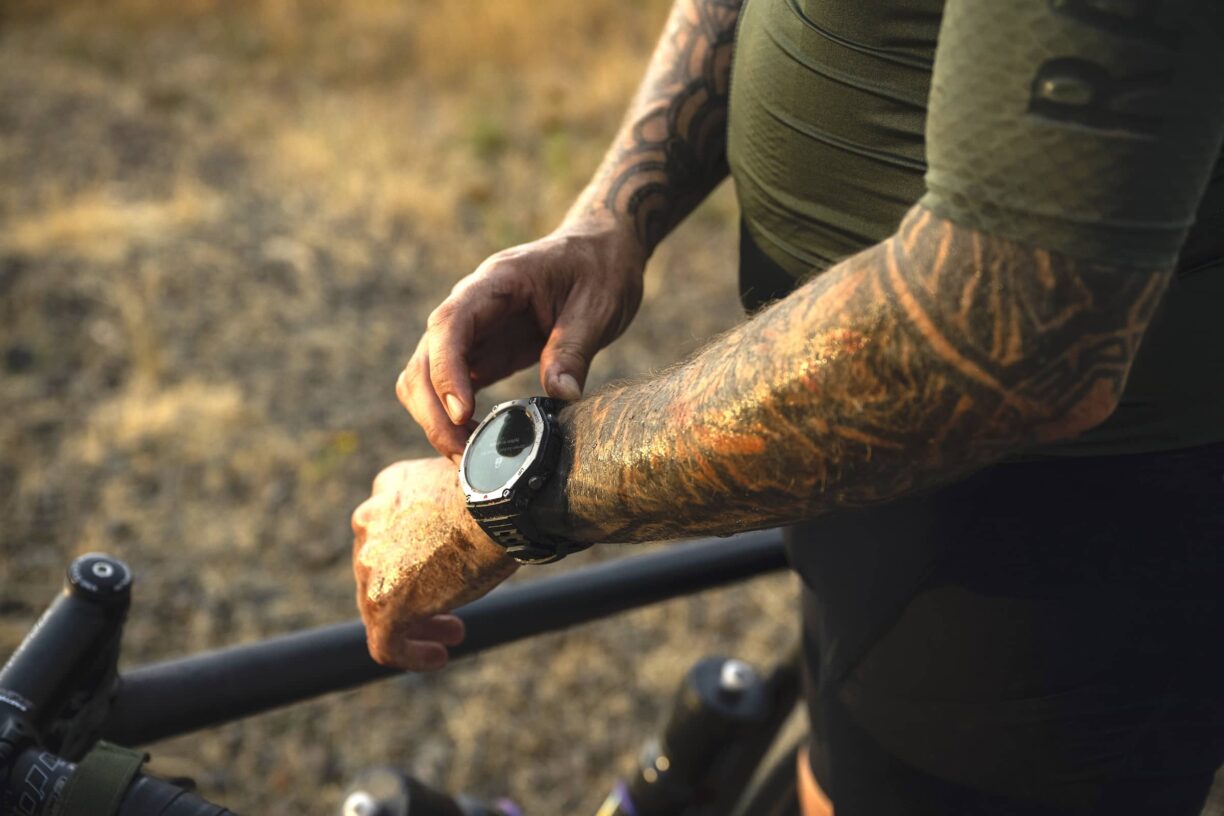Working as a medical scribe is an incredibly rewarding role. You’ll be helping to improve the efficiency and accuracy of note-taking when it comes to patient records and information in hospitals, clinics, or private practices.
It’s a responsible role that needs superb communication skills and active listening. Medical scribes must undertake intensive on-the-job training regularly to update their knowledge.
Interested in learning more? Here, we’ll discuss how to start on this career path, talk about the skills and qualifications you need, and any on-the-job training.
How do you become a medical scribe?
Here are all the necessary steps to take if you’re thinking about starting a career as a medical scribe.
The bare minimum education level to start is a high school qualification. If you’re studying at school and interested in a role like this then focus your energies on courses related to science and IT.
Once you’ve graduated from high school then the next stage is to look at getting a degree in a related field.
However, many healthcare roles don’t require one, but having it under your belt shows academic excellence and might help you improve your chances of getting a role.
What sort of degrees to consider? Well, an employer within healthcare-related arenas might expect you to be familiar with human anatomy.
Thus, biology is a sound choice. Alternatively, you could consider finding courses in health management, health sciences, and medical terminology to help you on your way.
It’s important to get role-specific training – and whilst some healthcare facilities are happy to work with people who are decent audio transcribers some, much prefer properly qualified scribes who have undertaken training courses with reputable agencies like scribe-x.com.
Such qualifications show that you’re 100% committed to learning and becoming the best you can be in your chosen career.
They also demonstrate your ability to uphold industry standards and abide by the law. Always use an accredited organization like ours, as you’ll need specific training and examinations that will test your skills and aptitude.
You’ve qualified! Congratulations, now go forth and gain some work experience. You might be able to shadow other people who work in this field whilst you train, but you can also work in other audio transcription roles or scribe jobs to get an idea of how other industries work too. It’s all useful experience you can add to your CV.
Developing your skills as a medical scribe
You’ve qualified, you’re working in a good job – but you know you need to expand your knowledge and skill set. Here’s what to do in terms of developing your medical scribe skills as your career progresses.
Improve your attention to detail: Strong attention to detail is essential in this kind of role, and there’s always room to improve.
Recording patient information accurately and safely is key, as is accurate transcription and editing to spot potential errors.
Enhance your computer skills: A good deal of medical records are now computerized so a sound working knowledge of IT – and updating your skills as regularly as you can is important.
Training on databases and spreadsheets, plus enhanced data entry and typing skills are a must.
Learn to excel in communication: You’ll be communicating with everyone from patients to physicians in this role and it’s important to be able to speak well, clearly, and effectively – both verbally and in writing too.
Better time management: Efficient timekeeping is essential and the more you can improve this, the better!
You’ll be speaking to and dealing with a lot of different appointment times in different healthcare settings so organization skills are a must, especially if you’re juggling a lot of work.
Develop a fantastic bedside manner: Lastly, as you’ll be dealing with patients a lot of the time, you’ve got to have an empathetic bedside manner – someone who understands healthcare challenges and can cope with potentially upsetting situations.
You must also be able to communicate information clearly to patients and go the extra mile where possible.





